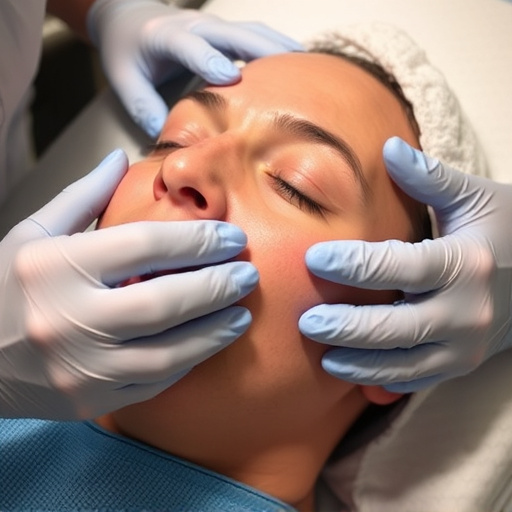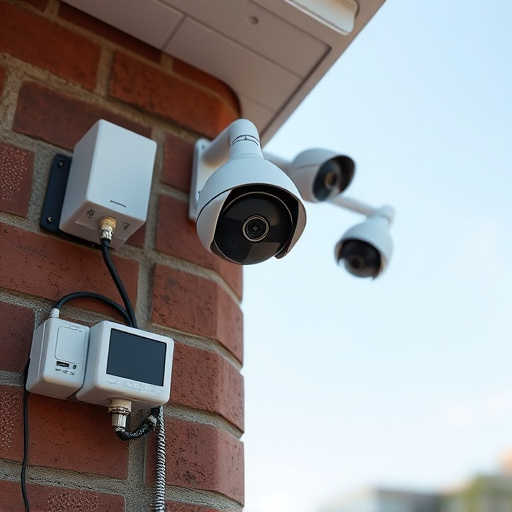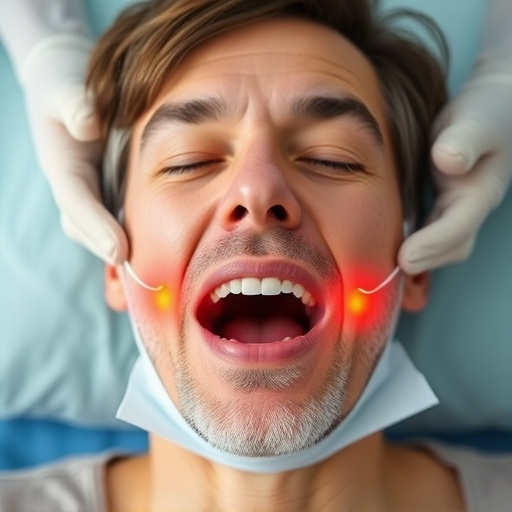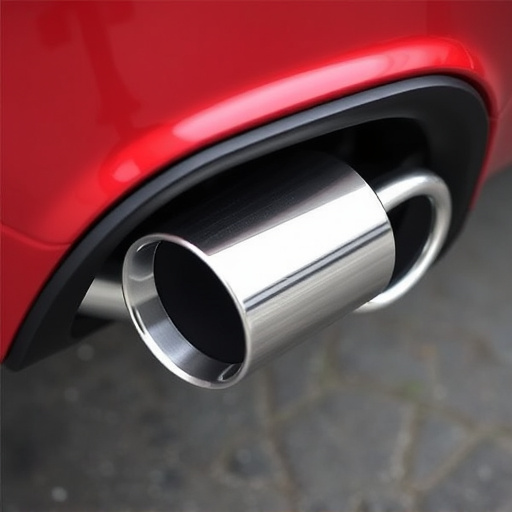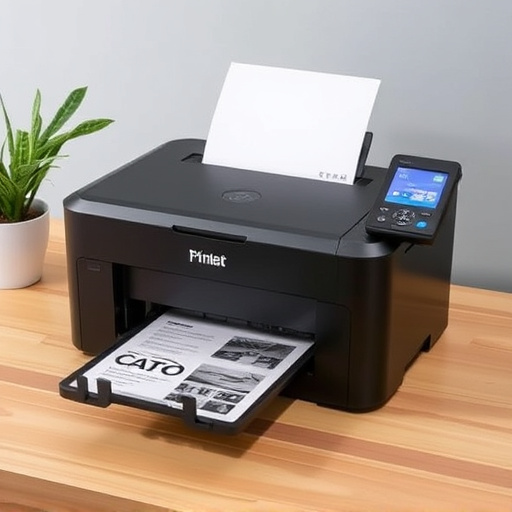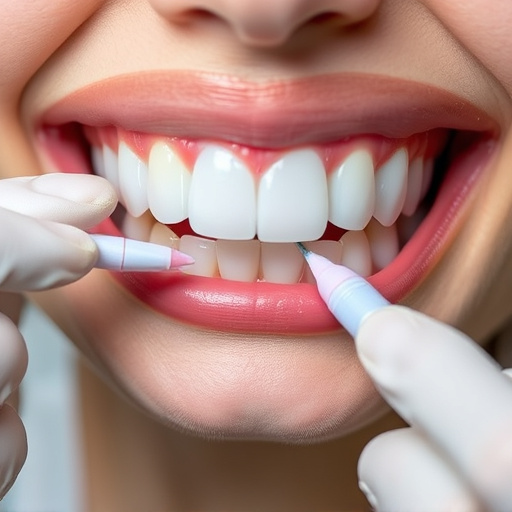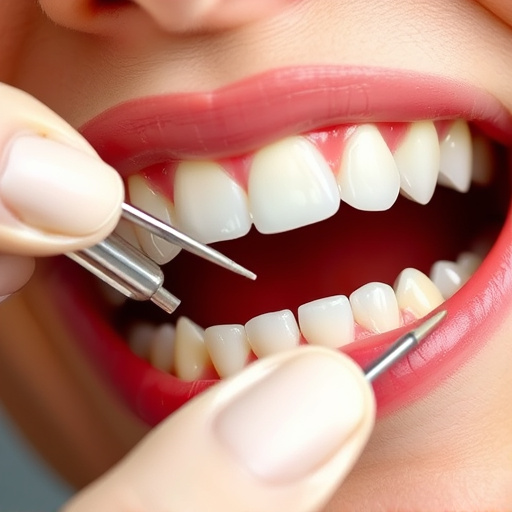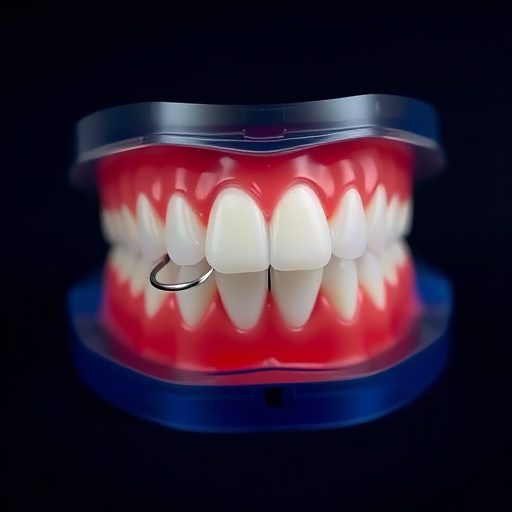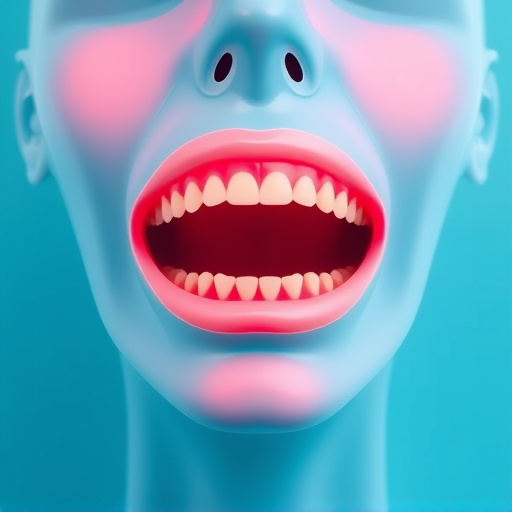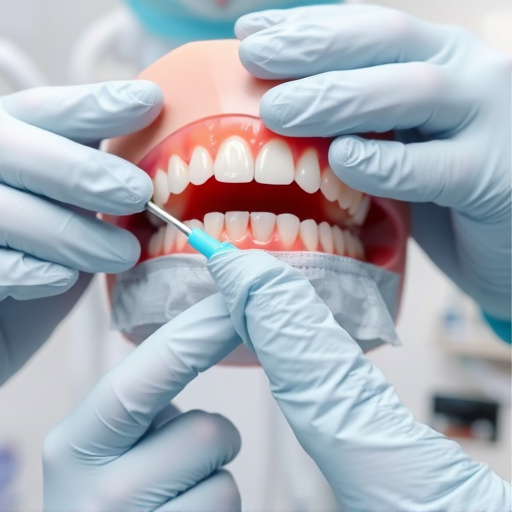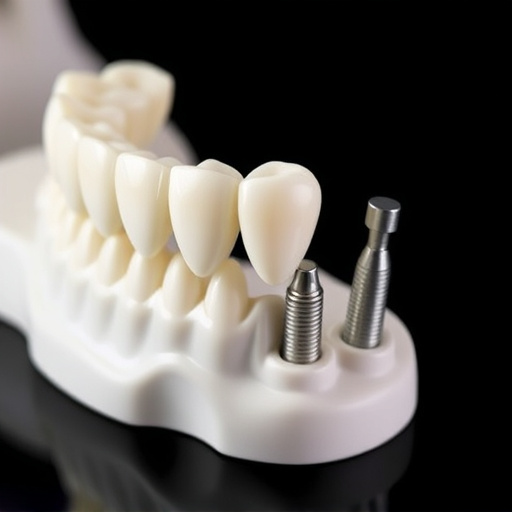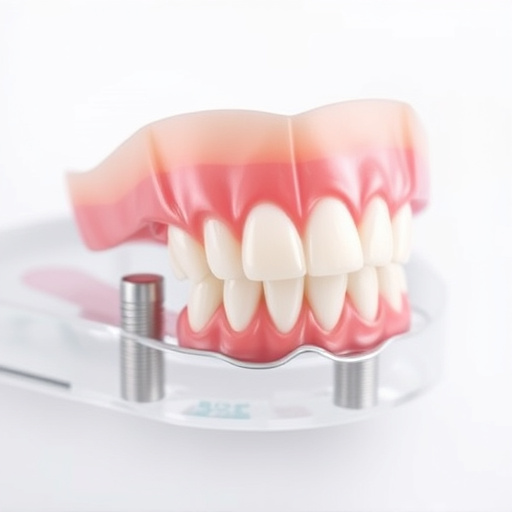Dental care for seniors requires tailored attention to unique challenges like dry mouth and systemic conditions affecting oral health. Regular check-ups, cleanings, and preventative measures such as fluoride treatments and wisdom tooth removal are crucial for maintaining healthy teeth and gums, enhancing overall well-being. Cosmetic dentistry options can also boost confidence with a vibrant smile.
Dental care is an essential aspect of overall health, especially for seniors. This comprehensive guide explores best practices tailored to meeting the unique dental needs of the elderly population nationwide. Understanding that senior oral health involves addressing specific concerns like tooth decay, gum disease, and dry mouth, we delve into establishing regular check-ups and cleanings as a cornerstone of preventative care. Additionally, we highlight measures to prevent common oral issues, ensuring seniors maintain a healthy smile and overall well-being.
- Understanding Dental Needs of Seniors
- Establishing Regular Check-ups and Cleanings
- Preventative Measures for Common Senior Oral Issues
Understanding Dental Needs of Seniors
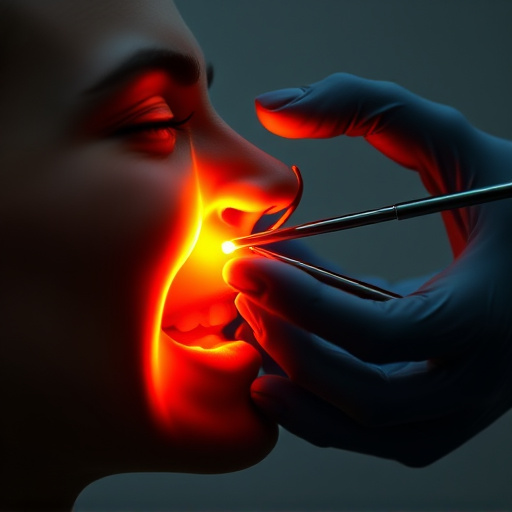
As people age, their dental needs evolve, requiring a tailored approach to maintain optimal oral health. Seniors often face unique challenges that can impact their dental care journey. One of the primary considerations is the increased risk of tooth decay and gum disease due to reduced saliva flow, a common side effect of aging. This natural decline in saliva production can leave the mouth more susceptible to bacteria and plaque buildup. Additionally, certain medications used by seniors may cause dry mouth, further exacerbating these issues.
Another aspect to keep in mind is that dental health is intricately linked to overall well-being. Many systemic diseases become more prevalent in older adults, such as diabetes and cardiovascular conditions, which can affect oral health significantly. Therefore, regular dental check-ups, including routine oral exams, are vital for early detection of potential issues. Moreover, addressing cosmetic dentistry concerns may also be on the agenda for some seniors, who seek to enhance their smile and boost confidence.
Establishing Regular Check-ups and Cleanings
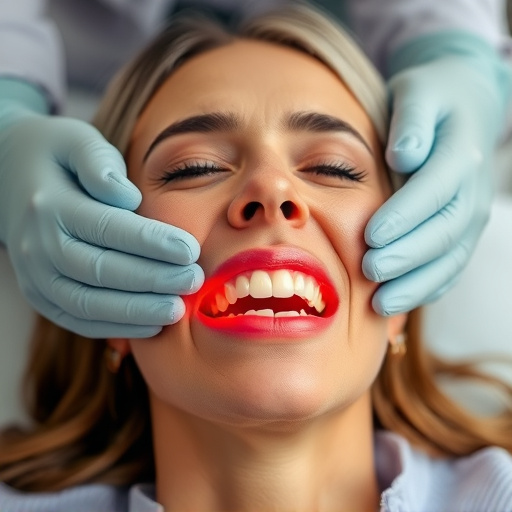
Maintaining optimal dental health becomes increasingly important as individuals age. For seniors nationwide, establishing a consistent routine for dental check-ups and cleanings is a cornerstone of preventative care. Regular visits allow dentists to detect early signs of decay, gum disease, or other oral health issues, often before they become more serious problems. This proactive approach not only preserves natural teeth but can also prevent the need for more invasive procedures such as tooth extractions later on.
By scheduling regular appointments, senior citizens can benefit from professional cleanings that remove plaque buildup and tartar, which are major contributors to dental decay and gum inflammation. Additionally, these visits often include x-rays and comprehensive examinations, enabling dentists to monitor oral health, track changes over time, and recommend appropriate treatments, including cosmetic fillings or dental bonding, as needed to restore a vibrant smile.
Preventative Measures for Common Senior Oral Issues
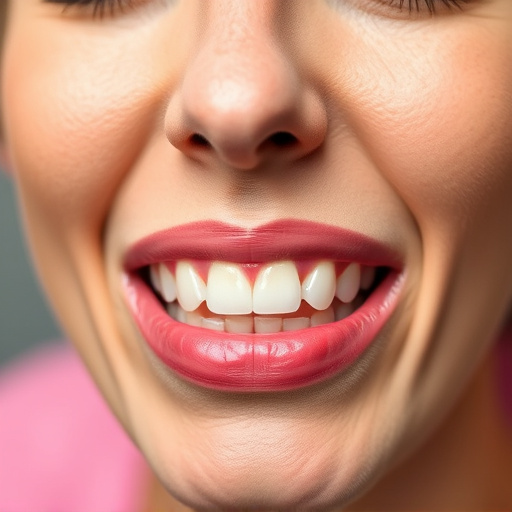
Preventative care is key when it comes to maintaining healthy teeth and gums for seniors. Regular dental check-ups and cleanings are essential practices to mitigate the risk of common oral health issues in this demographic, such as periodontal disease and tooth decay. The American Dental Association (ADA) recommends that adults over 50 years old receive a comprehensive exam every six months. During these visits, dentists can detect early signs of gum disease, which is more prevalent in older adults due to factors like reduced saliva production and certain medications.
Additionally, seniors should consider protective measures like fluoride treatments and dental crowns for existing damage or vulnerabilities. For instance, wisdom tooth removal can prevent impaction and the potential for infection later in life. Addressing these issues proactively contributes to better overall health and ensures that seniors maintain a bright, healthy smile.
Dental care for seniors is not just about maintaining a bright smile; it’s a key component of overall health. By understanding the unique dental needs of older adults, establishing regular check-ups and cleanings, and implementing preventative measures for common oral issues, we can ensure that our senior citizens enjoy optimal oral health well into their golden years. These best practices empower them to maintain their independence and quality of life, reflecting the importance of prioritizing dental care as a vital part of comprehensive healthcare nationwide.

